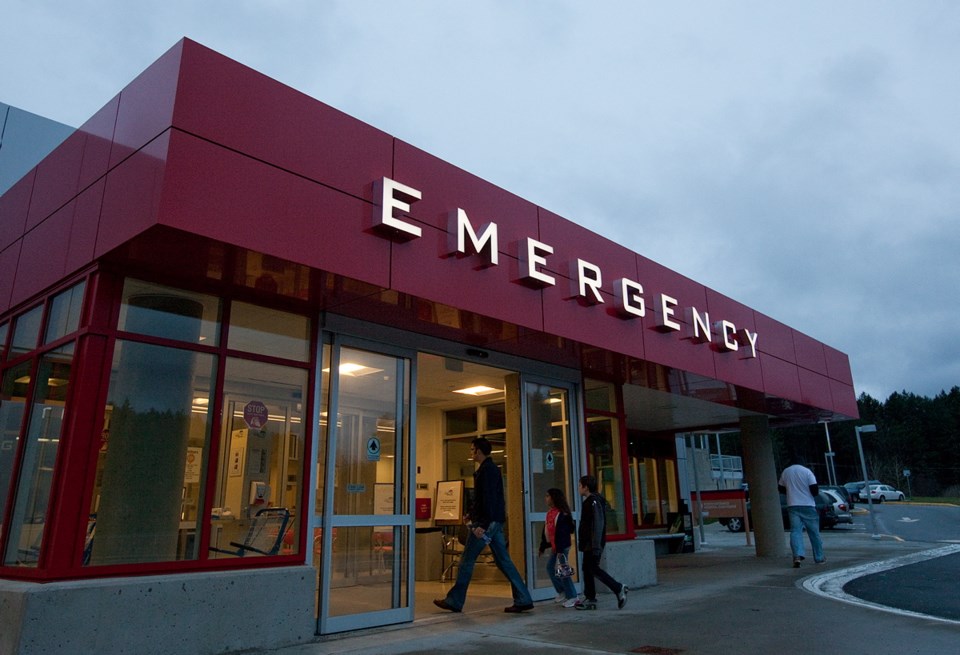The B.C. government will increase Medical Services Plan premiums by four per cent in January for the sixth consecutive year while it continues to hold health spending growth to about two per cent.
B.C. Finance Minister Mike de Jong said the province is leading the country in cost control of health spending and has held the line on expenditures in the face of criticism that such a cap was unsustainable.
Health Ministry funding will increase an average of 2.6 per cent each year, for an increase of $2.5 billion during the next three years.
The health-care budget is the biggest of all ministries, with total spending of $19.6 billion and accounting for 42 per cent of the provincial budget by 2016-17, de Jong said.
“We've managed to put it on a more sustainable diet, at least, and have led the way in Canada in that respect,” he said. “Outcomes remain not just good but nation-leading from life expectancy and a whole range of other indicators related to heart disease and cancer diagnosis and survivability.”
The Health Ministry budget will increase from $16.9 billion in 2014-15 to a projected $17.8 billion in 2016-17. That's a yearly increase of 2.3, 2.8 and 2.6 per cent (or $385 million, $466 million, $454 million) during the next three years.
“The targets we set, many said were unachievable,” de Jong said. The general criticism was the government couldn't sustain that cap but “I think we've demonstrated that is not the case,” de Jong said today.
However, critics of the budget said the province continues to balance these spending constraints on the backs of families and business as it raises MSP premiums for the sixth consecutive increase since rate hikes were announced in 2009.
In January 2010, B.C. families with children paying $108 a month in premiums saw their rate jump to $114. It has jumped each year since and in 2015 will be $144 a month.
That's a 33 per cent increase for middle-class families and is hurting B.C. businesses, said Jordan Bateman, B.C. director of the Canadian Taxpayers Federation.
Since 2009, rates have jumped: six per cent in 2010; six per cent in 2011; six per cent in 2012; four per cent in 2013; four per cent this year; and another four per cent next year.
De Jong said the average two-per-cent spending increase will not affect front-line services.
“Health authorities will have their budgets grow at the same rates as projected in budget 2013,” de Jong said. The health authority increases mimic the increases in the ministry.
Hospital Employees' Union spokesman Mike Old said B.C. is anything but competitive and that since 2001 the province has fallen to ninth place from second among Canadian provinces in per-person support for health care.
“Only Quebec spends less,” Old said.



